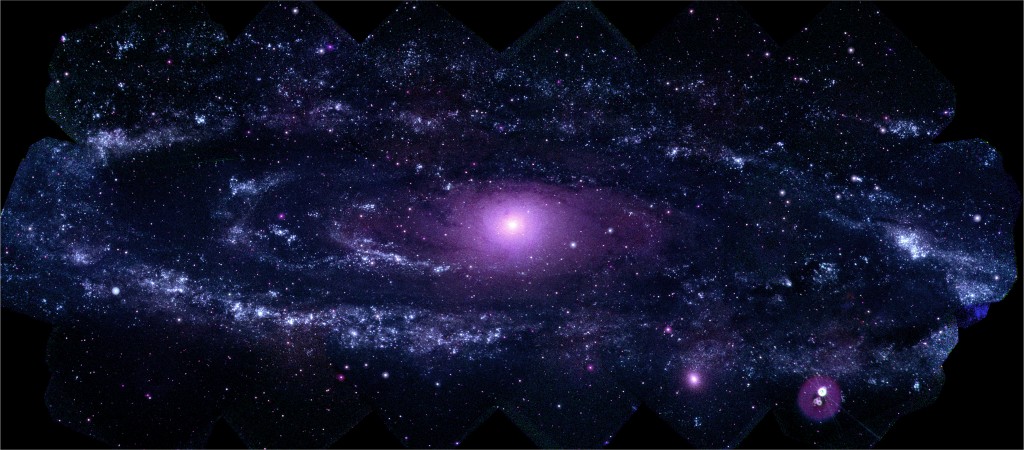A fantastic post on the NPR blog a little while back about the mystery that still surrounds the orgin of life. It is a good example of the kind of open ended questioning, the frank acknowledgment of ignorance before many questions, that we should see more of in scientific conversations:
How did life first happen? How did it begin? We don’t know. As Peter Godfrey Smith puts it, in his elegant review of Thomas Nagel’s recent book: “We still know very little about how life began, and it is hard to assess whether this problem will eventually yield to ‘normal science’ or whether a more dramatic innovation is needed.”
After summarizing some debates about the nature of human intelligence, the author concludes:
What kind of disagreement is this? To my mind it is foolish to cast it as a standoff between those who embrace science and admit its stunning achievements and those who reject the project of natural science itself. It is not a conflict between those who know and those who are confused. Some critics of Nagel’s book adopt this pose, as if this were some kind of episode in our culture wars. (See Jeniffer Schuessler’s article in the NY Times for a survey of the storm of controversy surrounding Nagel’s book, with lots of links, and a quote by me.)
The issue at stake is internal to science. We have not yet integrated an account of ourselves into our understanding of nature. And so our conception of nature itself is, or threatens to be, incomplete.
The post raises a lot of interesting questions, about how we know what we know, what the limits our knowledge in general and science in particular are. These are epistemological questions. But the last part also raises metaphysical questions: what kind of thing is a human being? What the author is getting at here is that after so many years of human investigation and exploration, while the store of our knowledge, hard-won from the universe, has grown larger than could have ever been expected, we are still, to some sense, a mystery to ourselves. This is abetted by the fact that scientific description is methodological constrained to leave out certain aspects of the human person, and therefore when it is generalized, as it has been, it leaves us with a poor understanding of who we are.
It reminds us of this quote from Marilynne Robinson:
Having read recently that there are more neurons in the human brain than there are stars in the Milky Way, and having read any number of times that the human brain is the most complex object know to exist in the universe, and the mind is not identical with the brain but is more mysterious still, it seems to me this astonishing nexus of the self, so uniquely elegant and capable, merits a name that would indicate a difference in kind from the ontological run of things, and for my purposes “soul” would do nicely.















